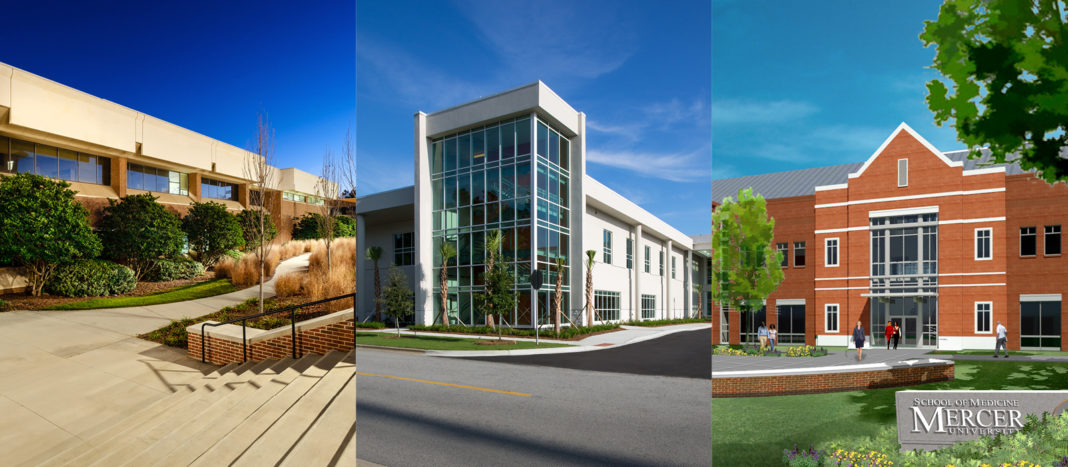MACON/SAVANNAH/COLUMBUS – Mercer University School of Medicine (MUSM) recently announced several faculty promotions and staff changes taking effect July 1.
“Updating MUSM’s organizational structure will position our outstanding faculty and staff to be even more effective in their work for the benefit of the students, the School, and rural and medically underserved communities across the state of Georgia,” said Jean Sumner, M.D., FACP, dean of the School of Medicine.
Centralized diversity, equity and inclusion efforts
Because the Office of Student Affairs will encompass a wider range of activities and resources, its title was expanded to the Office of Student Affairs and Student Support Services. It will house a new office for underrepresented in medicine (URiM) students. The staff will include:
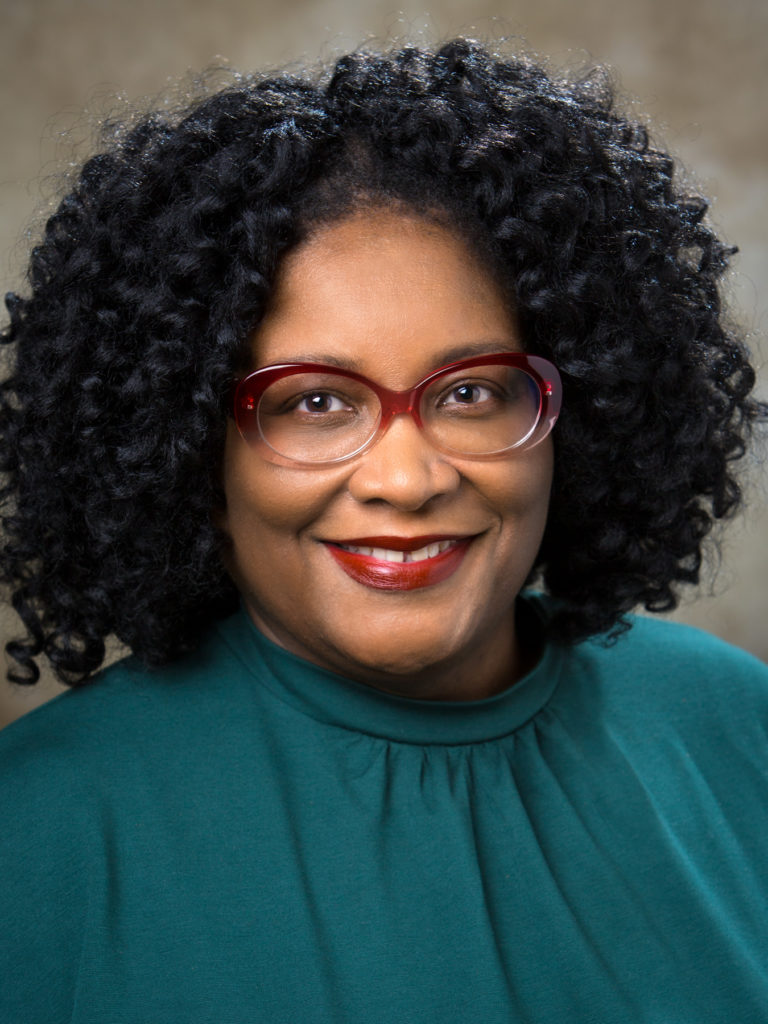
Wanda Thomas – Chief Diversity Officer, Senior Director of Underrepresented in Medicine
As chief diversity officer, Thomas will lead the School’s ongoing effort to put diversity at the forefront of all the School’s activities. In addition, her role as senior director of URiM will allow her to work with each campus director of URiM to unify the diversity initiatives across all campuses to reinforce MUSM’s identity as one school.
A director of URiM will be present on each campus to serve as an easily accessible resource for URiM students.
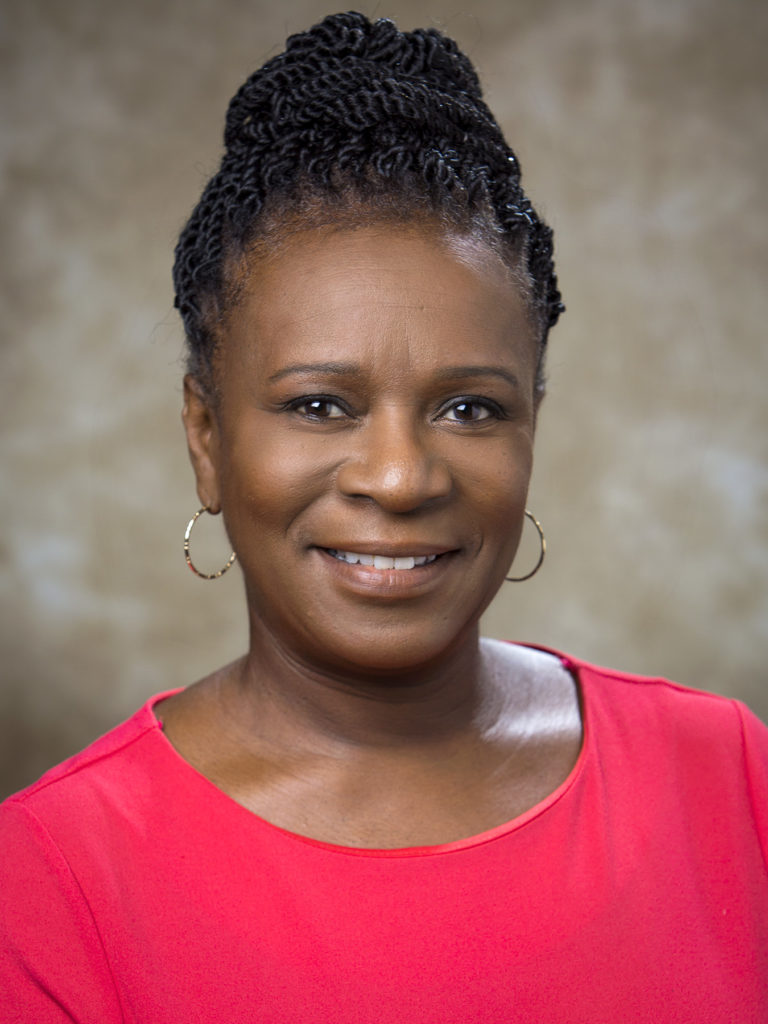
Terri Walker
Director of URiM, Macon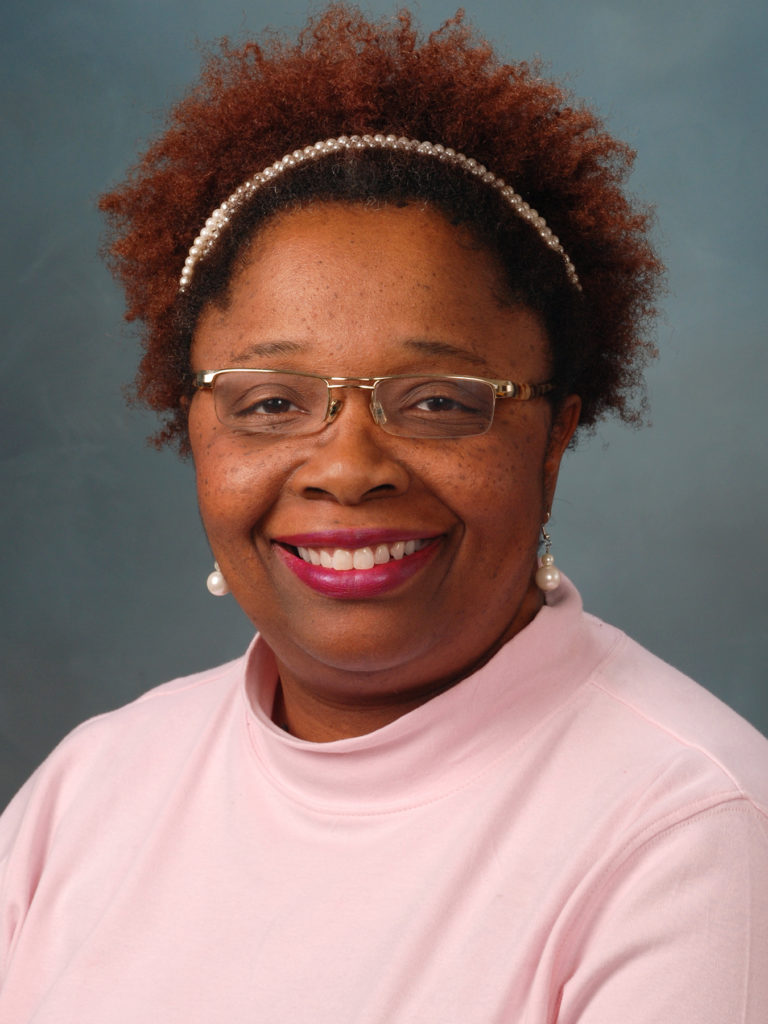
Vanessa Wallace-Lonon
Director of URiM, Savannah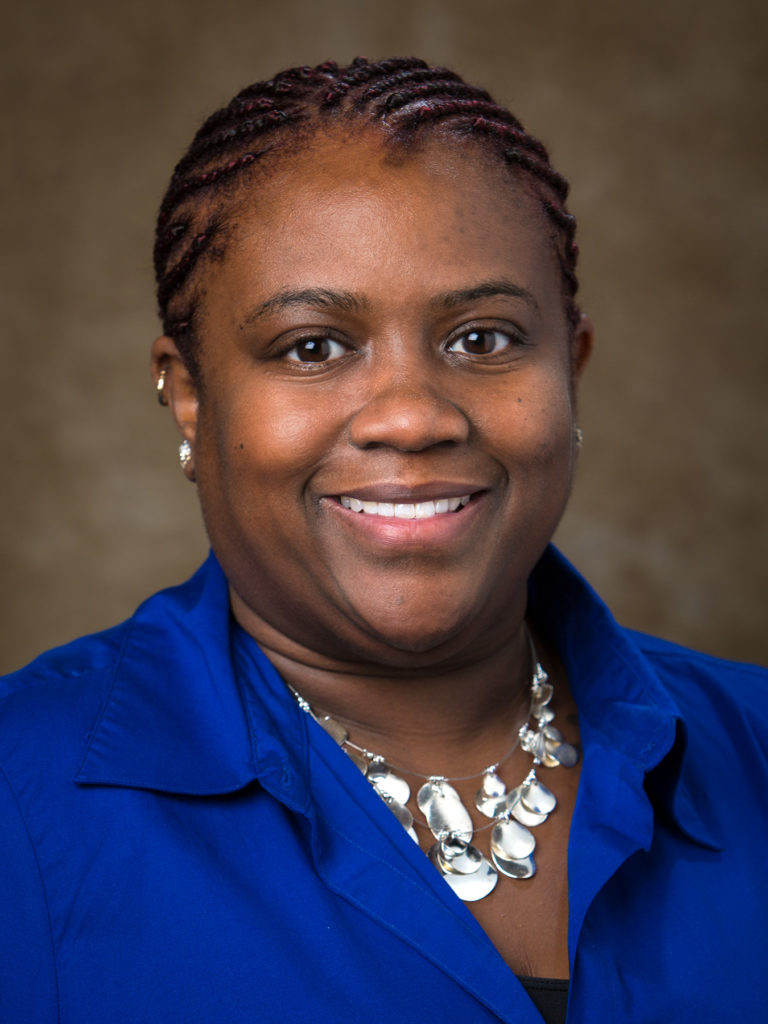
LaQuanta Hamilton
Director of URiM, Columbus
Each campus director will be dedicated to providing URiM students with moral, personal and professional support, as well as identifying resources and mentorship opportunities.
Read more about the new centralized department of underrepresented in medicine
Updated academic leadership roles
As MUSM welcomes its first four-year class in Columbus, a number of faculty are taking on new responsibilities to help guide the School as it continues to grow. These experienced leaders will be essential to the development of MUSM’s academic and research activities in the coming years, said Dr. Sumner.
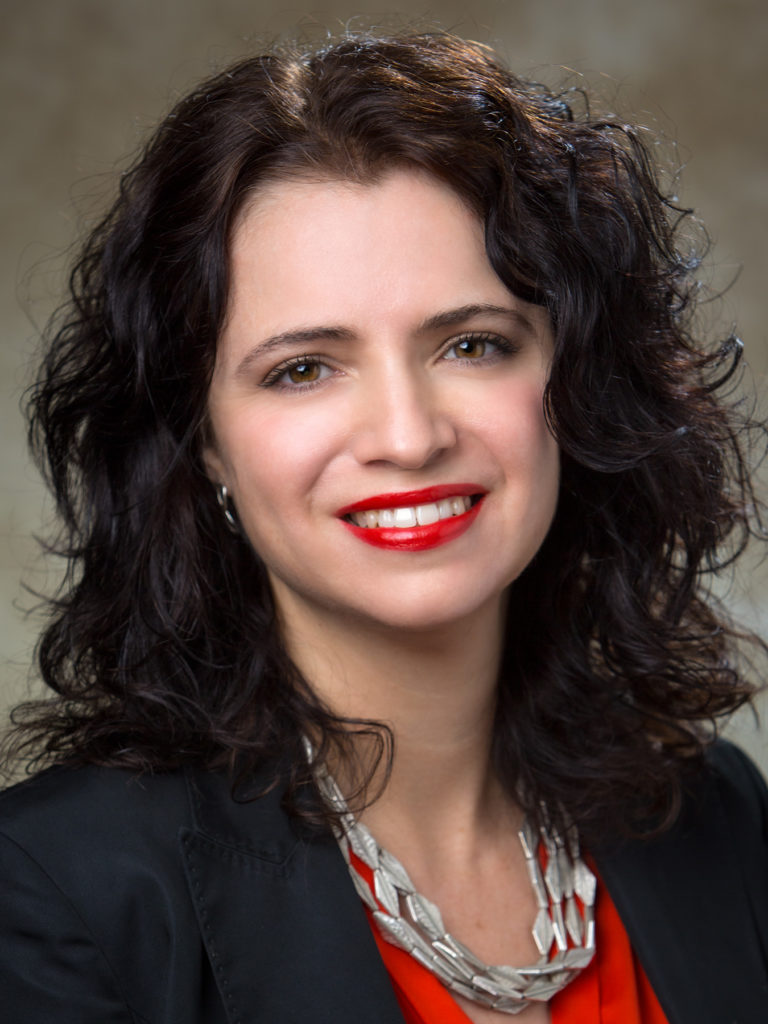
Jennifer Barkin, Ph.D. – Vice Chair of Community Medicine
An associate professor in community medicine since 2012, Dr. Barkin will take on the additional role of vice chair of community medicine. Alongside the department chair, Dr. Barkin will co-direct the population health/medical research program, population health clinical rotations and interprofessional education program. She is looking forward to working with MUSM’s talented faculty and students to identify areas for curriculum enhancement, focusing notably on pandemic preparedness, environmental justice and the clinical implications of climate change.
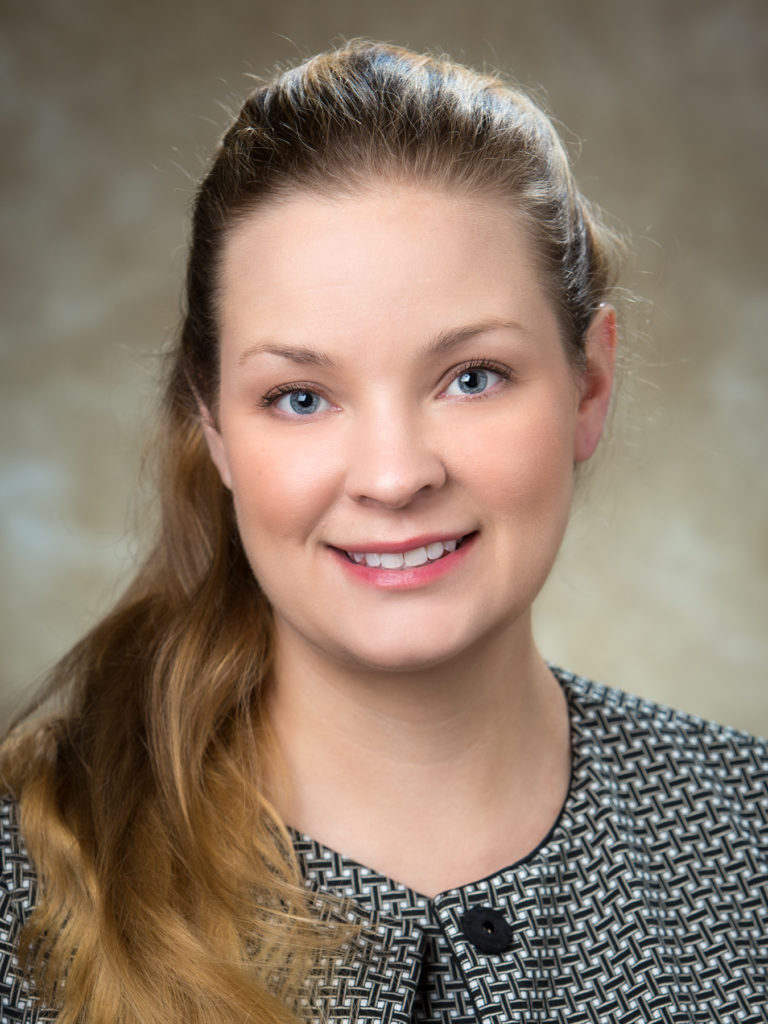
Stephanie Beavers, M.D., FACP – Associate Dean of Academic Affairs
Dr. Beavers is a graduate of MUSM, assistant professor in internal medicine, and formerly served as associate dean of clinical education. In her new role as associate dean of academic affairs, Dr. Beavers will collaborate with faculty and staff to develop, implement, monitor and continuously improve all aspects of the School’s M.D. curriculum. As a practicing clinician, she has a special interest in clinical training and is excited to bring an additional clinical perspective to the patient-based learning curriculum.
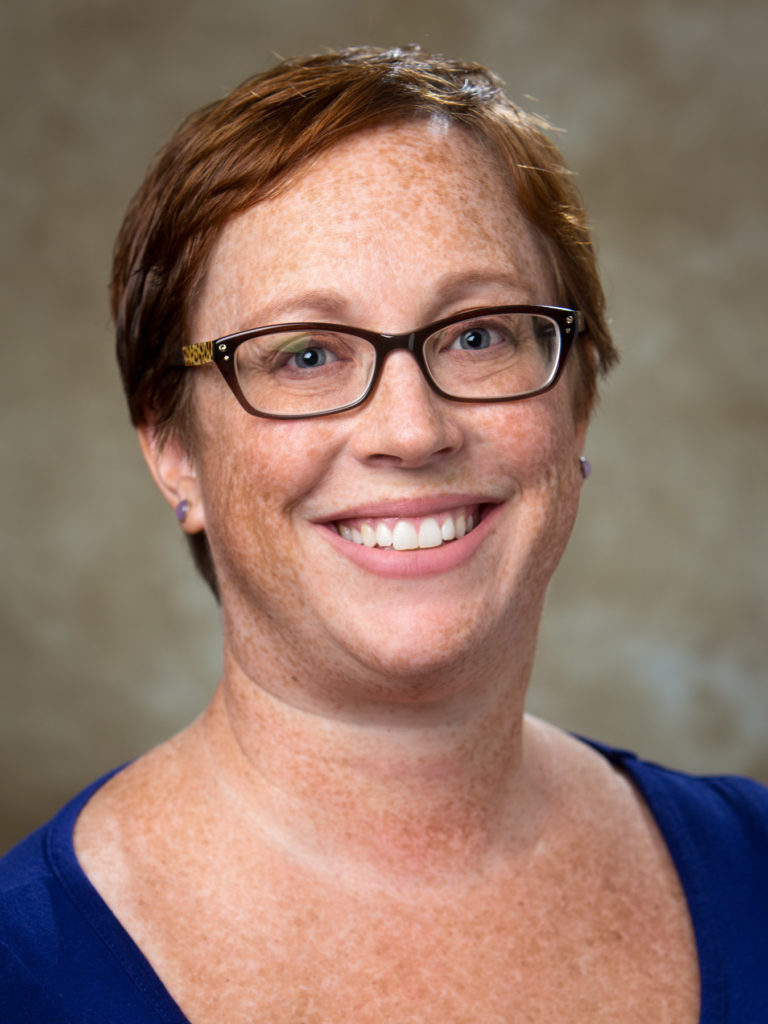
Gretchen Bentz, Ph.D. – Director of Medical Student Research
Dr. Bentz has been an associate professor in biomedical sciences since 2014. As director of medical student research, Dr. Bentz will identify and grow research opportunities for medical students on all campuses. She is looking forward to learning more about various faculty research projects in order to find opportunities for every student who has an interest in participating in research.
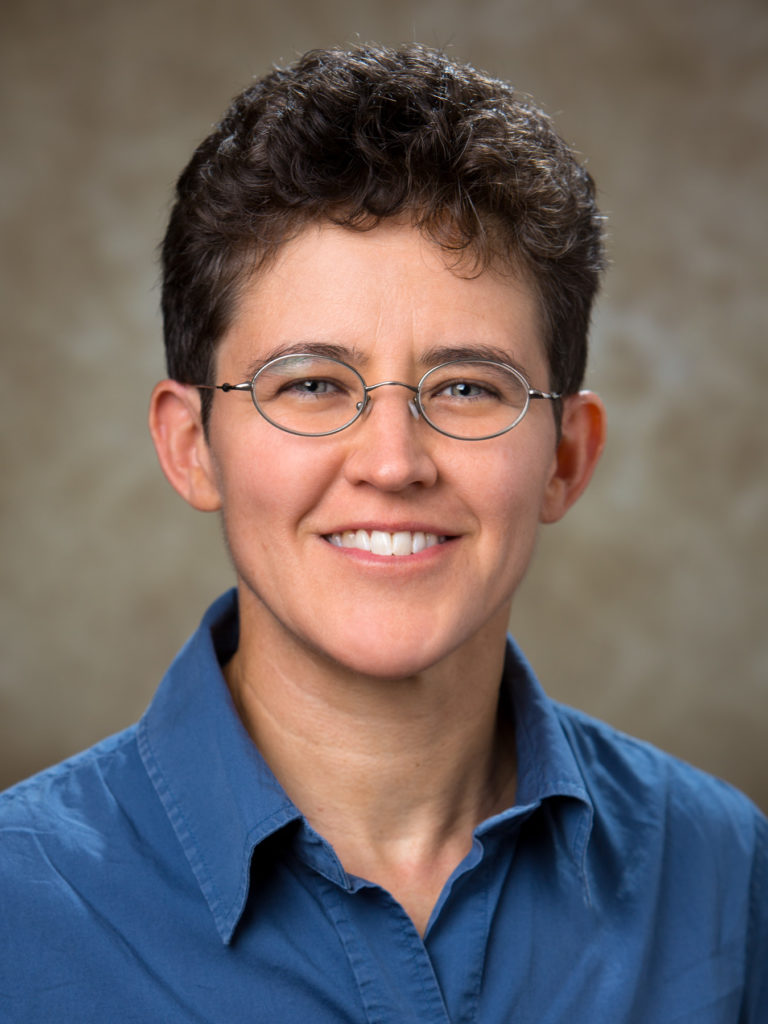
Susan Cline, Ph.D. – Senior Associate Dean for Strategic Planning, Accreditation and Evaluation
In addition to her duties as professor in biomedical sciences and director of the Master of Science in Preclinical Sciences program, Dr. Cline will lead the new Office of Strategic Planning, Accreditation and Evaluation. This office will oversee strategic planning, academic program assessment and accreditation, and continuous quality improvement (CQI). She looks forward to utilizing her experience as LCME Faculty Accreditation Lead to foster a culture of CQI that will help the School succeed in its mission.
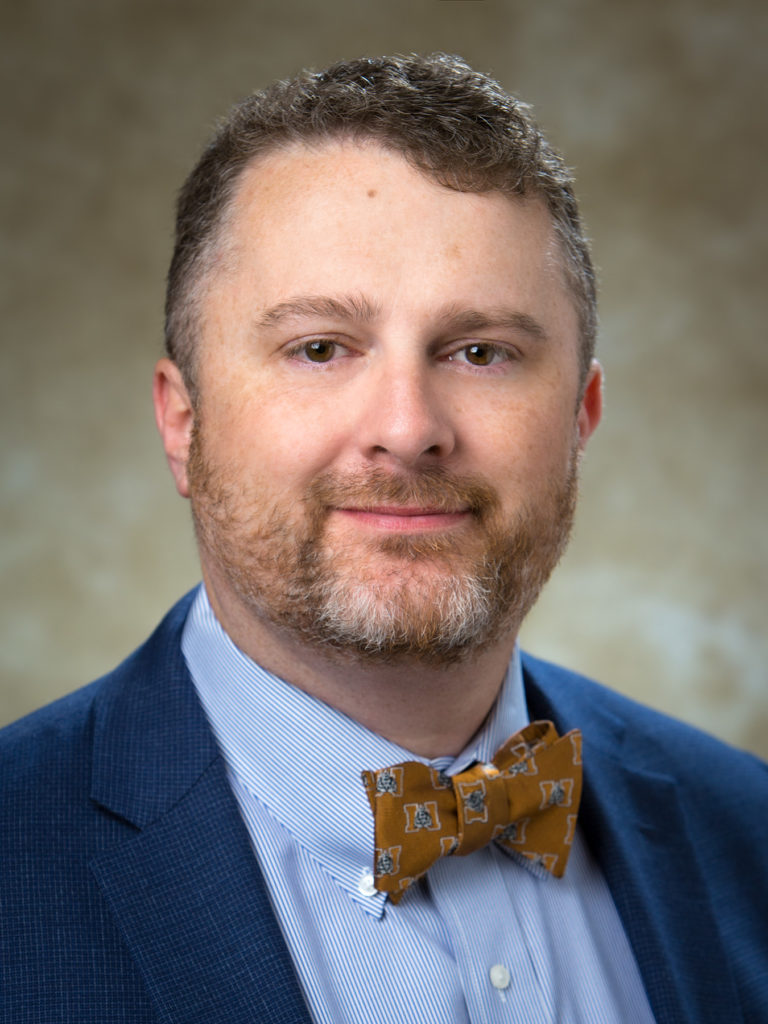
James Colquitt, Ph.D. – Director of Medical Simulation
Dr. Colquitt, who previously served as associate dean of academic affairs, will lead a team of medical simulationists on each campus in expanding the use of experience-based education. Through medical simulation, students can practice various procedures without the risk of harming a patient. This hands-on experience coupled with guided debriefing better prepares students for their future role as medical doctors. The expansion of these learning opportunities will also include developing training programs for professionals in rural communities.
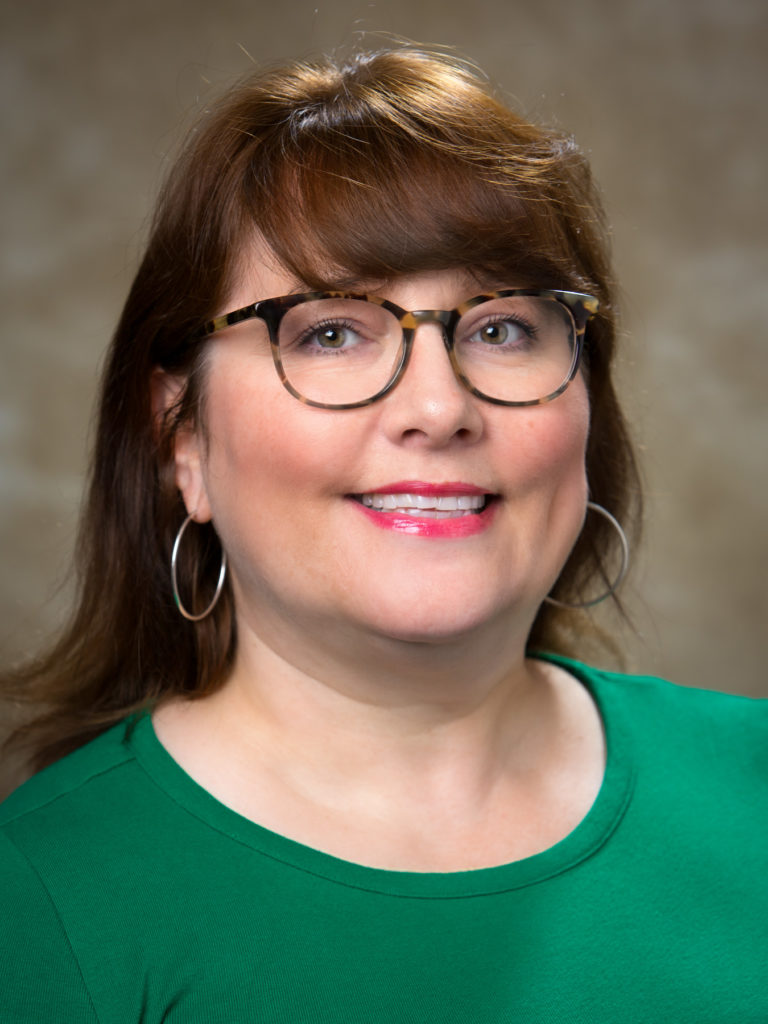
Ashley Horner, Ph.D. – Vice Chair of Biomedical Sciences, Columbus Campus
Dr. Horner, who has served as professor of biomedical sciences on the Macon campus since 2009, will relocate to the Columbus campus as vice chair of the Department of Biomedical Sciences. She will oversee departmental efforts in the development and implementation of research laboratories and take a lead role in the recruitment of research faculty. Dr. Horner will assist in the day-to-day operation in Columbus, while also working with the department chair in Macon and vice chair in Savannah on department-wide issues.
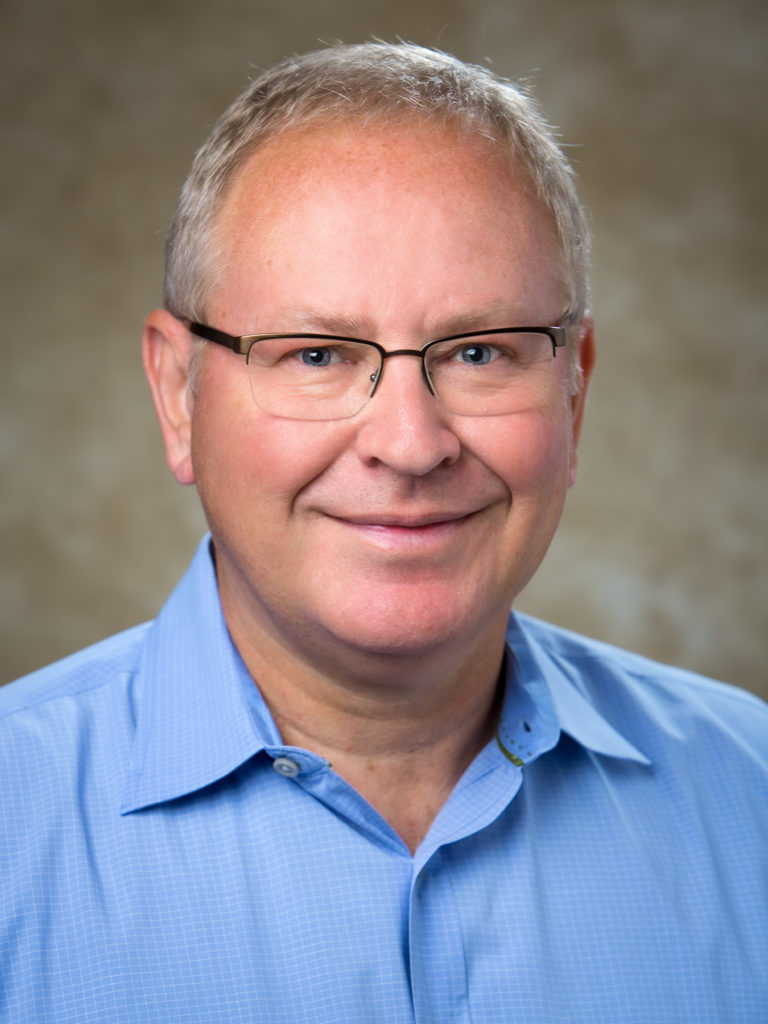
Bradley Lian, Ph.D. – Program Director for Rural Health Sciences Ph.D.
Dr. Lian, who previously served as vice chair of community medicine, was named director of the Rural Health Sciences Ph.D. program. He will continue his role as associate professor in community medicine. Dr. Lian’s goal is to increase the visibility of the program and expand its course offerings. He will work with graduates to conduct high-level research with the Georgia Rural Health Innovation Center and other state and local agencies and organizations. Dr. Lian is looking forward to collaborating with students, faculty and staff to develop strategies that will address Georgia’s rural health issues.
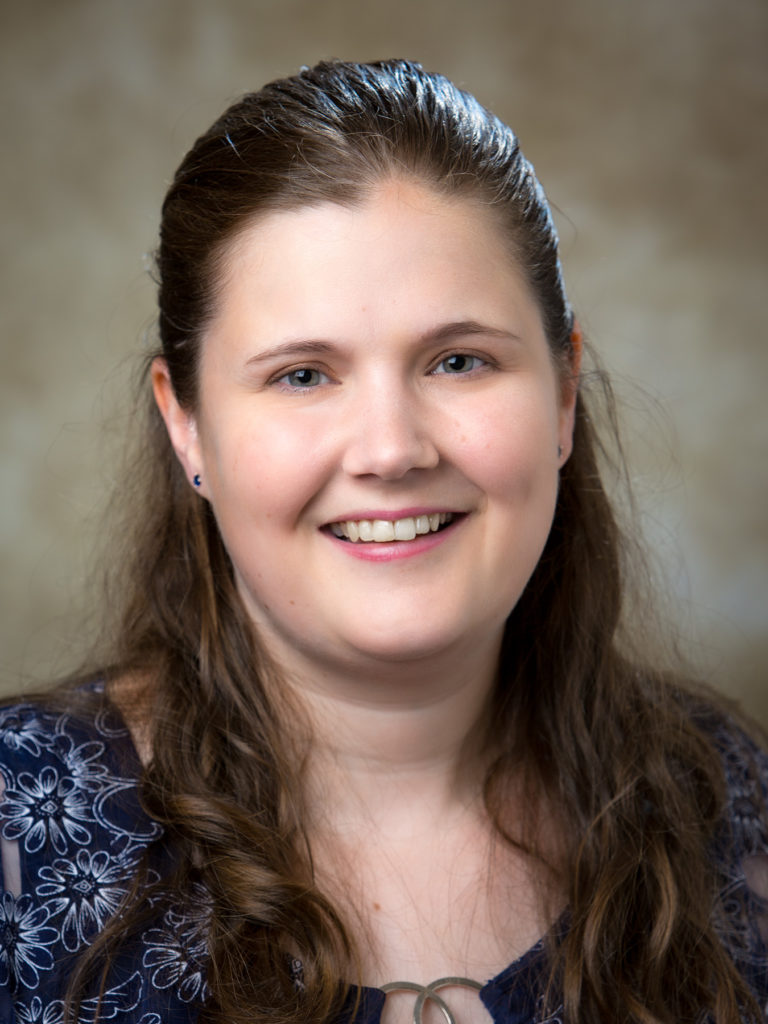
Anne Montgomery, Ph.D. – Assistant Program Director for Rural Health Sciences Ph.D.
Dr. Montgomery will work with the director of the Rural Health Sciences Ph.D. program to recruit students, plan course content, organize teaching rosters, support faculty and ensure a valuable learning experience for students. As an assistant professor in community medicine, she is looking forward to seeing the program from a new perspective.
About Mercer University School of Medicine (Macon, Savannah and Columbus)
Mercer University’s School of Medicine was established in 1982 to educate physicians and health professionals to meet the primary care and health care needs of rural and medically underserved areas of Georgia. Today, more than 60 percent of graduates currently practice in the state of Georgia, and of those, more than 80 percent are practicing in rural or medically underserved areas of Georgia. Mercer medical students benefit from a problem-based medical education program that provides early patient care experiences. Such an academic environment fosters the early development of clinical problem-solving and instills in each student an awareness of the place of the basic medical sciences in medical practice. The School opened a full four-year campus in Savannah in 2008 at Memorial University Medical Center. In 2012, the School began offering clinical education for third- and fourth-year medical students in Columbus. Following their second year, students participate in core clinical clerkships at the School’s primary teaching hospitals: Medical Center, Atrium Health Navicent in Macon; Memorial University Medical Center in Savannah; and Piedmont Columbus Regional Hospital and St. Francis Hospital in Columbus. The School also offers master’s degrees in family therapy, preclinical sciences and biomedical sciences and a Ph.D. in rural health sciences.

